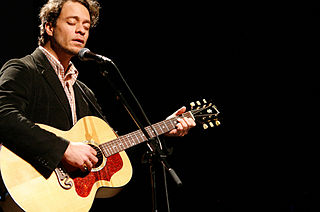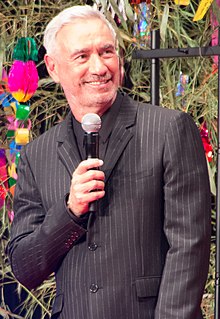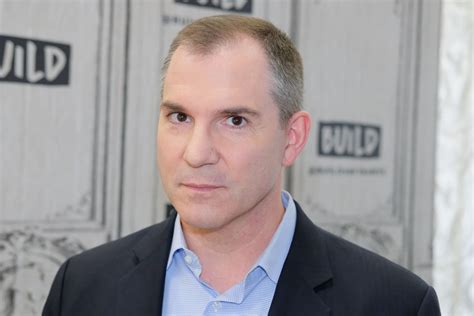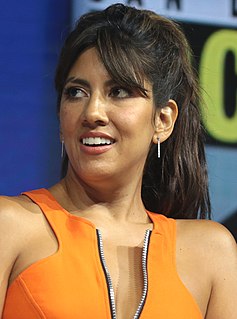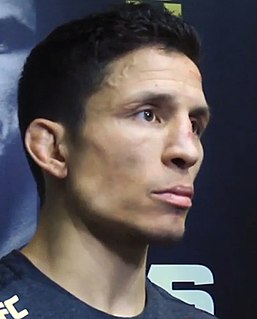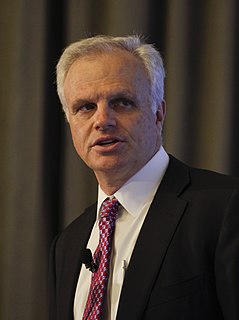A Quote by Ezra Klein
I think it's weird that the news cedes so much ground to Wikipedia. That isn't true in other informational sectors.
Related Quotes
I'm on it pretty much all the time. I edit Wikipedia every day, I'm on Facebook, I'm on Twitter, I'm reading the news. During one of the US elections, I actually went through my computer and I blocked myself from looking at the major newspaper sites and Google News because I wasn't getting any work done.
I can't speak for the news side 'cause I'm on the opinion side. But what I have noticed that the news side has done and, and to be really honest I think the news side pays too much attention to polls, but I think they're trying to restrain themselves by for instance there's a rubric called Poll Watch, um, that appears in a stream of a whole bunch of other political news where they can gather all that polling information for those people who really want it.
Koch Industries is an amazing business that has succeeded by building a product that customers love dearly. The folks who run Koch are very clear. They would love to have government just get out of the way and allow companies to compete, whether in their particular sectors or other sectors. They are true believers in small government.
The core community is passionate about quality and getting it right. If you want to read some good criticisms of Wikipedia, probably the best place to go is to the Wikipedia article called 'criticisms of Wikipedia'... It was either the dumbest thing or the smartest thing I ever did. The dumbest thing for the obvious reasons, but the smartest thing because I don't think it could have had nearly as much impact as it has. One of the key things that inspired people to put a lot into it (was the charity aspect).
Now in Wikipedia it's really interesting. If you put something incorrect up on Wikipedia within minutes there are people crawling all over that sentence saying, "This is wrong" or "I want to change this" or "You've got to include an amplification," et cetera. So there's this massive checks and balances that actually makes that accuracy work. This is the kind of model that we - and I'm not sure why no one's discussing this - that we now have to begin to apply to fake news.
It's increasingly clear that governments, major corporations, banks, universities and other such bodies view the defense of their secrets as a desperate matter of institutional survival, so much so that the state has gone to extraordinary lengths to punish and/or threaten to punish anyone who so much as tiptoes across the informational line.




